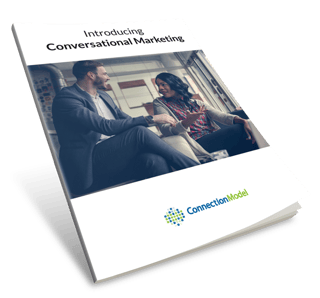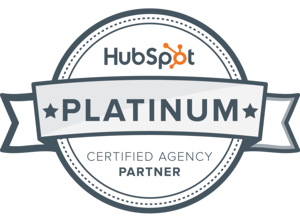Search engines like Google aim to provide consumers with valuable search results, which means that small businesses and mega-corporations alike can climb their way to the top of search engine results pages (SERPs) as long as they develop content that’s useful for users.
However, the internet is inundated with tips and tricks about search engine optimization (commonly referred to as SEO) that can actually hurt your website rankings. As a decision-maker for your business, you need to know how to identify which advice can be followed and which should be avoided.
Thankfully, the experts from Connection Model are here to set the record straight. We’ve compiled a list of the top seven SEO myths that you should be avoiding like the plague. 
- Google’s Algorithm is Secret
Contrary to popular belief, the search engine giant has been very open about its SEO algorithm. In fact, you can find all sorts of information about it in the Google Search Guidelines. However, experts estimate that Google revises this list between 500 to 600 times per year — while most changes don’t significantly impact rankings, we recommend checking back regularly to keep your strategies up-to-date.
- High Keyword Density Boosts Rankings
Keywords are crucial for any SEO campaign, but we don’t recommend overusing them. Using the same keywords on your site over and over is called keyword stuffing, and search engines will actually penalize you for this. Instead, Google’s digital marketing training course recommends a 2% density for well-researched search terms.
- Only Long-Form Content Ranks
Producing long-form content has various benefits, like improving visitor engagement and increasing the chances of social shares. However, Google prefers quality materials over fluffed-up content. You can top SERPs even with a short blog or a featured snippet if it is text that quickly answers users’ queries.
- Meta Tags Are Irrelevant
Like featured snippets, meta tags prove that Google values relevance over length. Google uses these components to identify what a page offers, and they play a crucial role in capturing quality audiences. For these reasons, we recommend optimizing meta tags to enhance your lead generation and nurturing efforts.
- Link Building is Dead
Link building is not dead, but bad link building practices are. When creating inbound and outbound links for your site, choose high-quality connections that add value to your consumer’s visit. Too many low-quality links can drag your credibility down and negatively impact your website rankings.
-
 Google Hates Pop-Ups
Google Hates Pop-Ups
In 2015, Google started downgrading sites that displayed disruptive full-page ads to encourage mobile apps. After all, interstitials block out most website content and affect consumers’ browsing activities.
However, this ruling doesn’t mean you need to avoid all pop-ups. As long as your design follows Google’s guidelines, you can be as creative as you want with your site.
- Pay-Per-Click Ads Improve Website Rankings
Pay-per-click (PPC) ads and SEO efforts are two distinct strategies. PPC techniques have their advantages, but improving your rankings is not one of them. The best way to achieve your digital marketing goals is to use PPC and SEO tactics together. However, running these campaigns has a steep learning curve, so we recommend working with experienced professionals to avoid wasting your resources.
Strengthen Your SEO Strategies Now
If you want to boost organic traffic to your website using a cost-effective, long-lasting strategy, SEO is the way to go — after all, 93% of online transactions begin with a search engine. Ranking high in SERPs can make a massive difference for your website.
At Connection Model, we run a digital marketing agency that develops custom SEO, content marketing, paid media, and social media strategies for companies of all sizes and industries.
Book a free, no-obligation consultation now to capture, engage, and convert quality audiences.
Written By: David Carpenter


